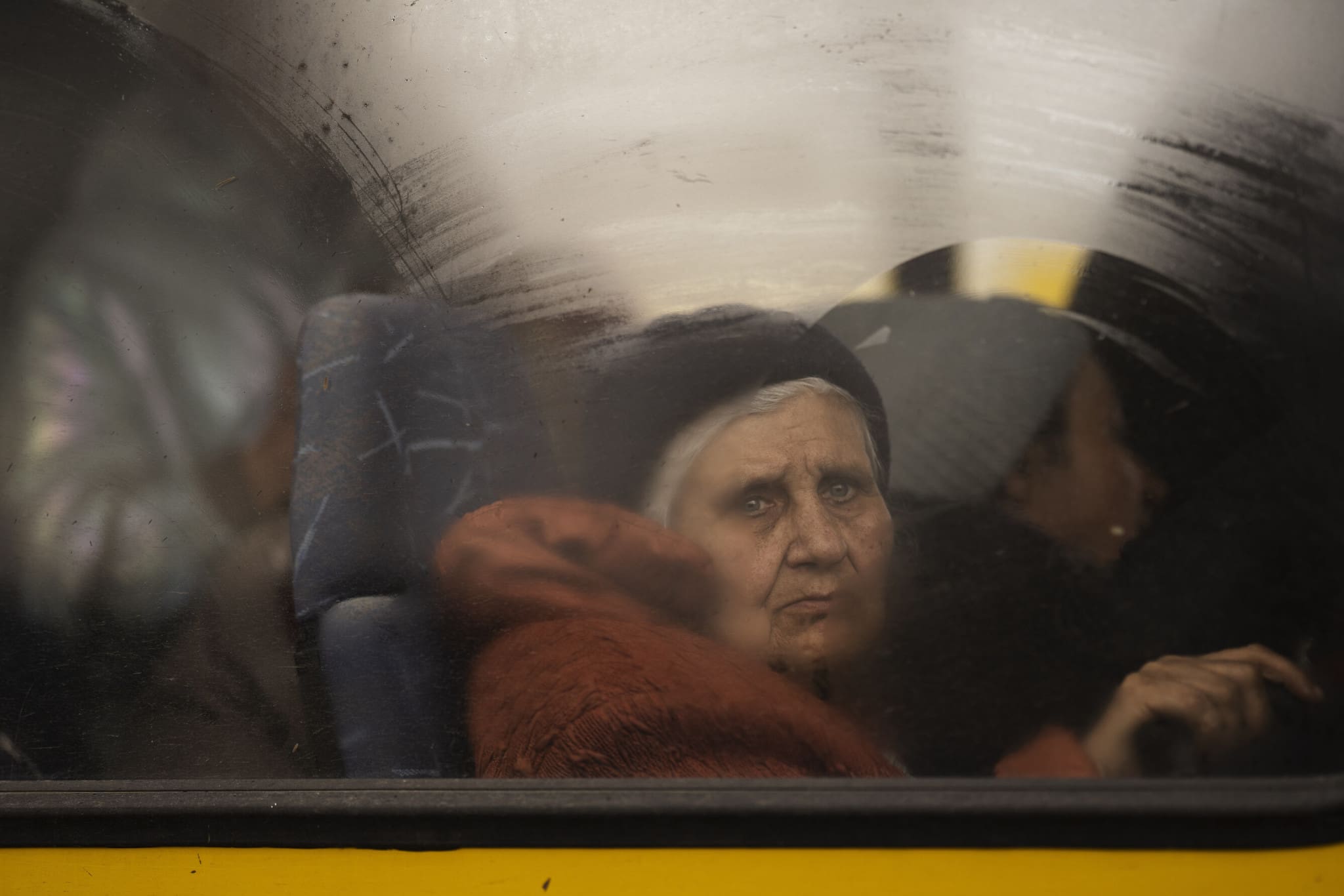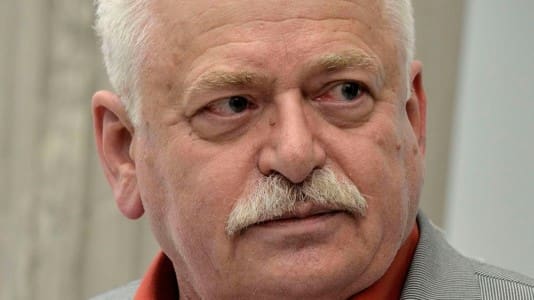Czechia will urge all refugees with a Hungarian passport to head to Hungary for processing and will provide free train travel to enable their transportation, Czechia’s Interior Minister Vít Rakušan told his Hungarian counterpart, Sándor Pinter, during a phone call on Thursday.
Rakušan has insisted on a quick and thorough inspection of all refugees arriving in Czechia to ascertain those with dual nationality, and also revealed that in the newly-built tent town in the Prague suburbs, people could stay for a maximum of 30 days, which is the deadline for their checking.
Rakušan stated several times earlier that Roma refugees from Ukraine often have dual citizenship and, as Hungarian citizens, are not entitled to receive help in the Czech Republic. These people stay, for example, at Prague’s main railway station.
“I asked the Hungarian side for a quick and thorough inspection, which will take place during the following days so that the Czech side receives information on whether the person has or does not have a Hungarian passport,” said the minister. “I pointed out that in that case, we will also offer those who have a Hungarian passport to take trains to the territory of Hungary,” he added.
According to Rakušan, negotiations on speeding up and streamlining the process between the Hungarian aliens’ police chief and the Czech police chairman should happen soon.
In the meantime, the fire brigade completed the construction of a tent town on the outskirts of Prague — the first refugees began to move there on Thursday. The tents are to relieve pressure on the surrounding area of Prague’s main railway station, where, according to civic initiatives, hundreds of refugees, predominantly of Roma origin, are currently living in undignified conditions.
According to Geti Mubeen of the refugee aid organization, this will not solve the situation. She said that 150 beds in the tent town would not relieve congestion. Rakušan considers it crucial to prioritize the accommodation of mothers with children in the tent town. The interior ministry is negotiating with Prague municipality and looking for other temporary options to increase capacity.
“However, in many cases, these people return to the railway station by themselves because there is a community of people close to them,” the deputy prime minister said.
According to Rakušan, there is no simple solution. However, it is possible to use instruments to prevent people who are not entitled to help in the Czech Republic from coming to the country. He named diplomatic negotiations, a quick check of dual citizenship, a passport stamp check on crossing the Ukrainian border, or tightening the humanitarian benefit as potential methods to ensure those who genuinely need help and have no other recourse for assistance are prioritized.
The interior ministry, along with the labor ministry, is creating a system under which the benefit for people accommodated in mass-type facilities could be replaced by paying for food and all security by the state. According to Rakušan, the second and subsequent benefits will only be linked to a proven stay in the country.






